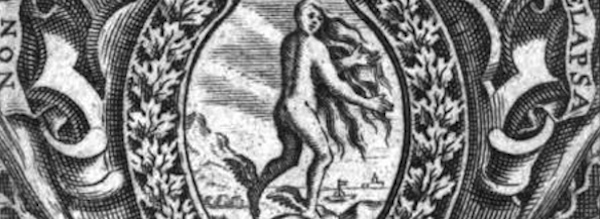Marcus Minucius Felix, Paris, 1637 (Google Books, 1663)
In July 1665, Lister read the Octavius by the early Latin apologist, rhetorician and Roman advocate Marcus Minucius Felix (2nd and 3rd c. A.D.) Felix’s work was a dialogue about Christianity between the pagan Caecilius Natalis and the Christian Octavius Januarius. As scholar C. Francis Higgins stated:
Unlike other Latin apologists of the period, such as Tertullian, who asserted credo quia ineptum (I believe because [it is] absurd) (De Carne Christi 5.4), and who was openly hostile to speculative philosophy, Minucius attempted to establish at least the rational possibility of the Christian faith. The rhetoric found within the Octavius can be considered Ciceronian, having elements of the six-part speech (exordium, narration, partition, confirmation, refutation, and conclusion). This text represents an important stage in the evolution of rhetoric from a primarily oral, forensic, and political art, to a literary art. 1
This translation by D’Ablancourt (his first) reflected a change of approach in the purpose of translation. Rather than a word-for-word approach, D’Ablancourt remarked in the preface of Octavius that ‘two works resemble each other more if they are both eloquent than if one is elegant and the other is not’. In other words, different languages have different means of conveying grace and elegance so that a ‘compensatory effort is required on the translator’s part’. 2 Lister had read another of d’Albancourt’s translations and apparently prized them highly.
- C. Francis Higgins, ‘Minucius Felix‘, in the Internet Encyclopedia of Philosophy. ↩
- Theo Hermans, The Manipulation of Literature: Studies in Literary Translation (New York: Routledge, 1985), 123. ↩

